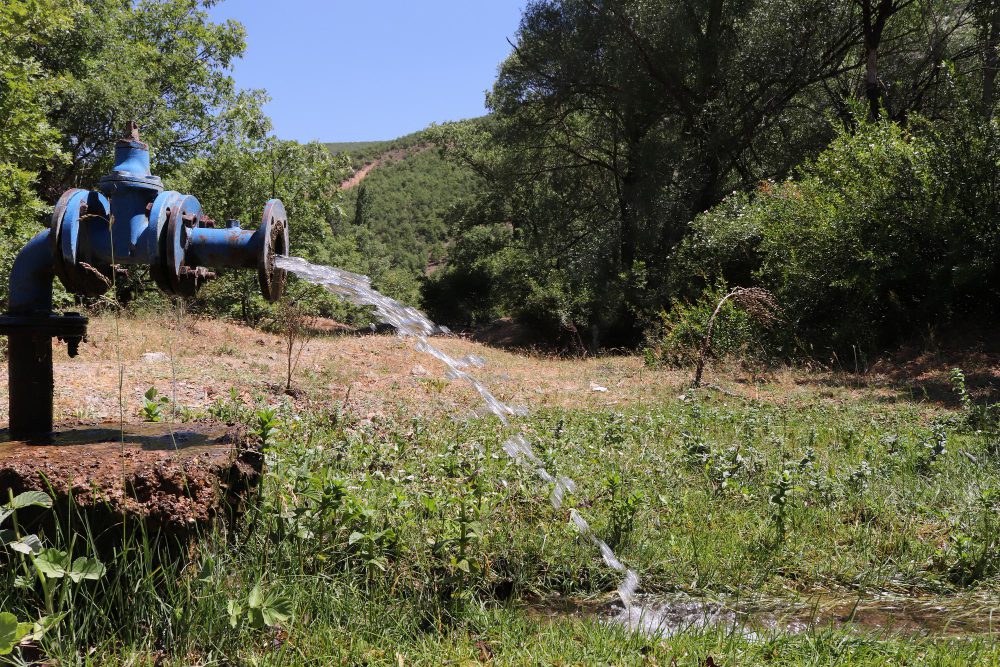800-764-7473
Local 208-324-2142

Agricultural irrigation is an essential aspect of farming, ensuring crops receive the necessary water to grow and flourish. Several types of irrigation systems are available for farmers, each with unique features and benefits. An irrigation system’s crucial component is the pipe used to transport water from the source to the crop. This article will explore some of the most common agricultural irrigation pipes used in irrigation systems.
The Micro Spray Belt is a flexible, high-quality pipe designed to spray water onto crops at low pressure. It is perfect for irrigating vegetable gardens, nurseries, orchards, and other areas requiring a fine mist. The Micro Spray Belt is easy to install and requires minimal maintenance, making it an ideal choice for farmers.
Drip irrigation tape is a type of irrigation pipe designed to release water directly to the plant’s root slowly. It is a cost-effective and water-efficient way to irrigate crops, reducing water waste through evaporation and runoff. Drip irrigation tape is easy to install and ideal for row crops such as corn, soybeans, and wheat.
Agricultural irrigation pipings are used to transport water to crops in various applications. Some of the most common applications include surface, subsurface, and sprinkler irrigation. Surface irrigation involves flooding the soil with water and allowing it to soak in gradually. Subsurface irrigation involves using pipes to deliver water to the roots of the plants. Sprinkler irrigation involves using a series of sprinklers to deliver water to the plants from above.
PE irrigation pipes are made from high-density polyethylene (HDPE) and are widely used in agricultural irrigation systems. They are durable, flexible, and corrosion-resistant, making them an ideal choice for farmers. PE irrigation pipes are easy to install and require minimal maintenance, making them economical for irrigation systems.
PE irrigation pipes have several key characteristics that make them a popular choice for farmers:
PVC irrigation pipes are made from polyvinyl chloride and are commonly used in agricultural irrigation systems. They are lightweight, easy to install, and require minimal maintenance. PVC irrigation pipes are ideal for use in systems requiring high water pressure, as they can withstand up to 200 psi pressure. They are also corrosion-resistant and have a long lifespan, making them a cost-effective choice for farmers.
One of the critical applications of PVC agricultural irrigation pipes is sprinkler irrigation systems. PVC pipes can transport water from the source to the sprinklers, ensuring that the crops receive the necessary water from above. PVC pipes are also used in drip irrigation systems, where they transport water to the roots of the plants. In addition, PVC pipes are commonly used in greenhouse irrigation systems, transporting water to the plants inside the greenhouse.
If you are looking for quality agricultural irrigation pipes, contact Bison Pipes. Our suppliers will provide you with quality pipes which are perfect for yielding! Get in touch with us in no time.